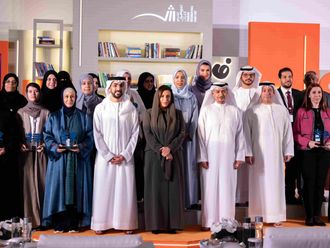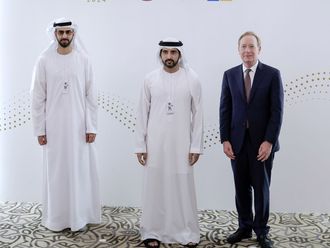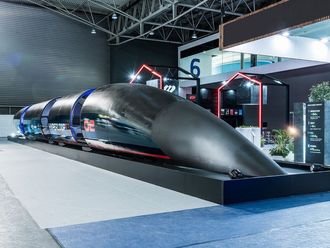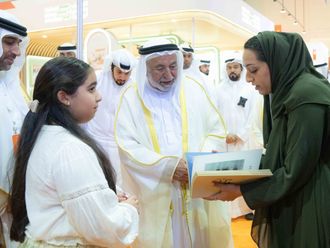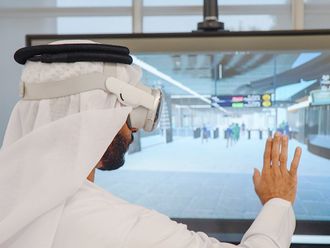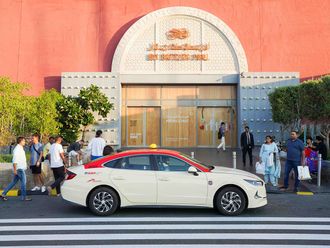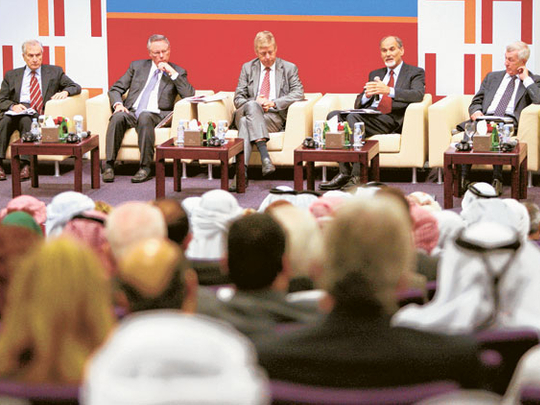
To create a generation of inquiring minds in the UAE, groundwork needs to start at the earliest stages of a child's education from kindergarten to primary school and beyond.
This was the view of experts who comprise the newly formed University Leadership Council (ULC), who were speaking at the "Bridging the Knowledge Economy" forum in Abu Dhabi last week.
The founding members of the ULC belong to Masdar Institute of Science and Technology (MIST); Khalifa University (KU); UAE University (UAEU); Zayed University (ZU) and the American University of Sharjah (AUS).
The ULC outlined the key requirements of a knowledge society that the UAE is working towards and how universities could help achieve it.
"A knowledge society requires a certain state of mind. But you can't create a state of mind at the university level," said ULC member and ZU provost Dr Larry Wilson.
Dr Wilson said an inquiring mind develops at an early level — from elementary school — where concepts of investigative learning are taught. This makes a big difference when these students come to university, he said.
"Everything from the kindergarten to PhD level needs to be tailored to the knowledge economy," reiterated Dr Rory Hume, provost of UAEU.
When new students with enquiring minds enrol, universities will be able to help them through an array of programmes to become part of the research productivity pool that the country needs, said Dr Wilson.
"University degrees have a huge impact on economic growth. Research has shown that a one per cent increase in college graduates results in a two per cent increase in economic growth."
Government and university officials have long lamented the poor quality of high school graduates; however Dr Wilson and Dr Hume said the Abu Dhabi Education Council and Ministry of Education have taken a lead and are beginning to see results.
Dr Wilson said universities are also growing beyond their traditional roles of teaching and research into engagement with the community, the country, the region and globally.
Dr Tod Laursen, president of Khalifa University, outlined his ideas for transforming the UAE into a high-tech economy:
- Basic physical infrastructure for faculty and students to produce results.
- Human capital in the form of high-quality faculty and students.
- Collaborating and networking where scholars are able to interact with people in neighbouring universities, stakeholders and industries.
- Competition, which is essential in the research world. Universities need to expose their ideas to the broader world and compete for resources.
- A push and pull between university faculty, government and industry. University faculty have a responsibility to push innovations out to industries. Sometimes industries will choose to hold off on those ideas, which is to be expected.
Dr Laursen, Dr Hume and AUS chancellor Dr Peter Heath all called for the regulations and processes for intellectual property (IP) to be more clearly defined in the UAE so that the primary ownership of the IP rests with the university.
"The primary ownership of the IP rests with the university and this enables them to do deals and get that across to the various sectors," said Dr Hume.



